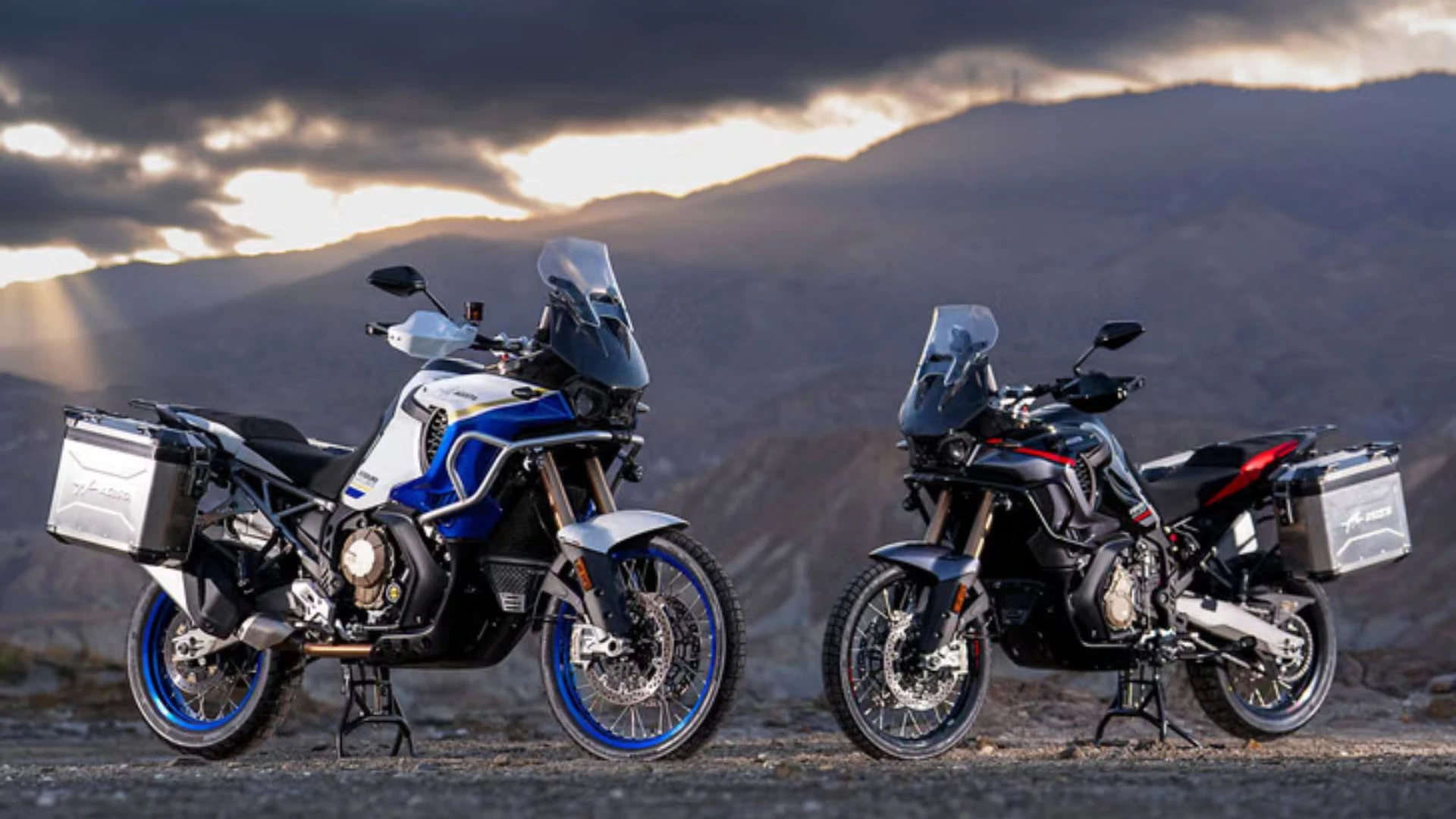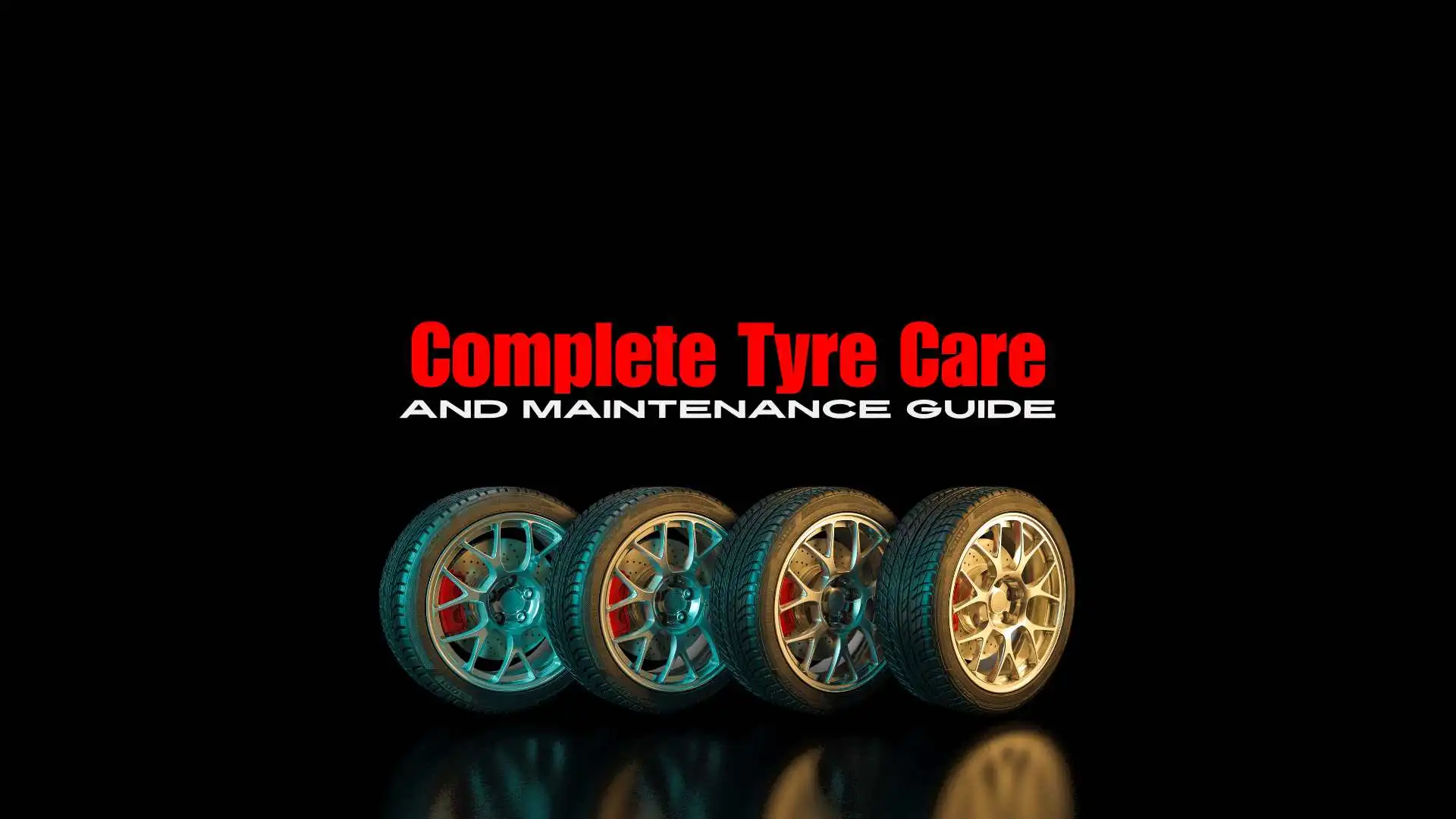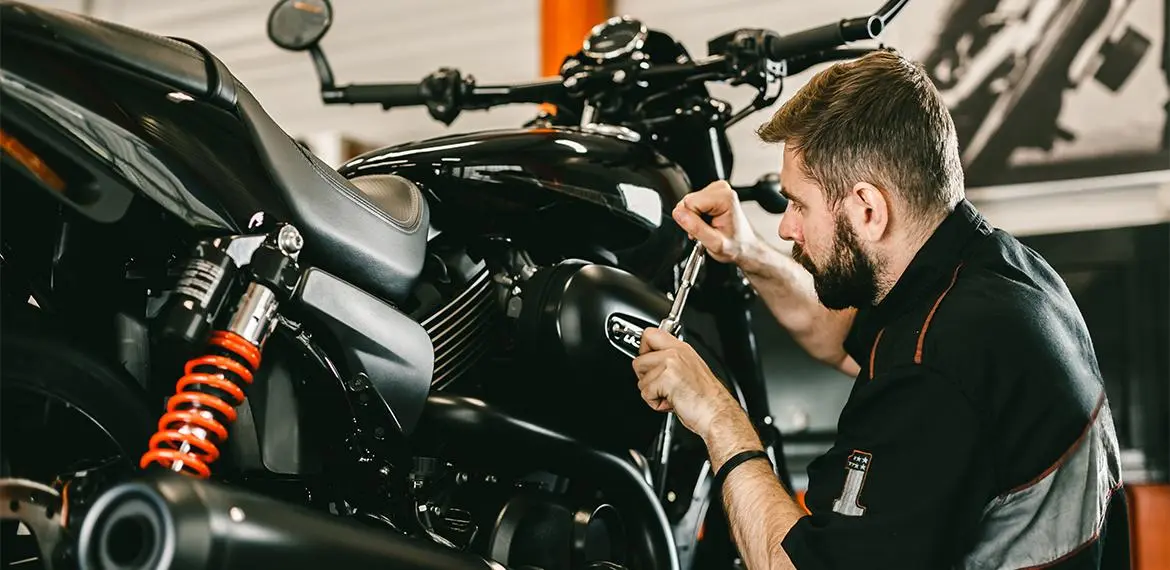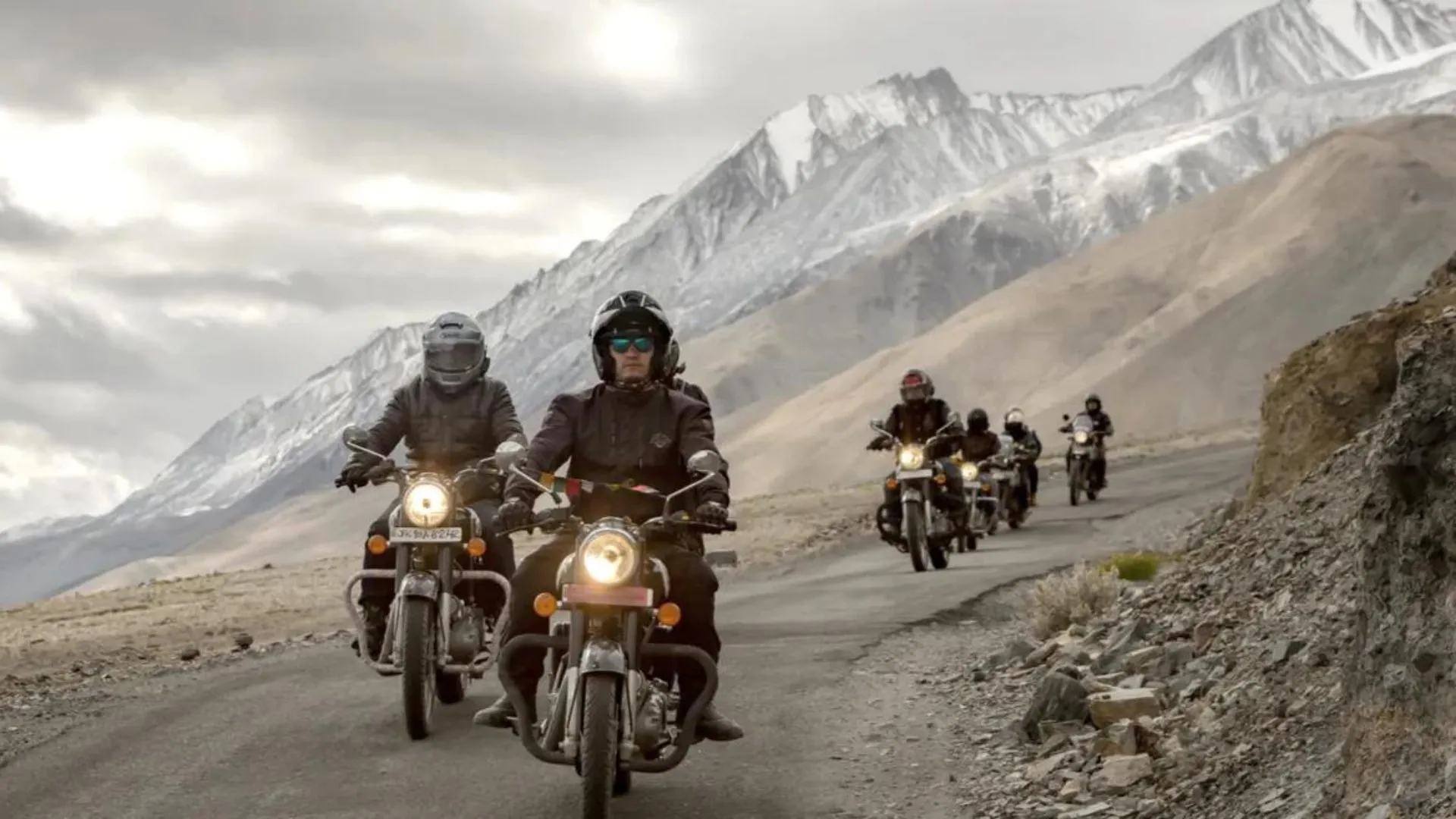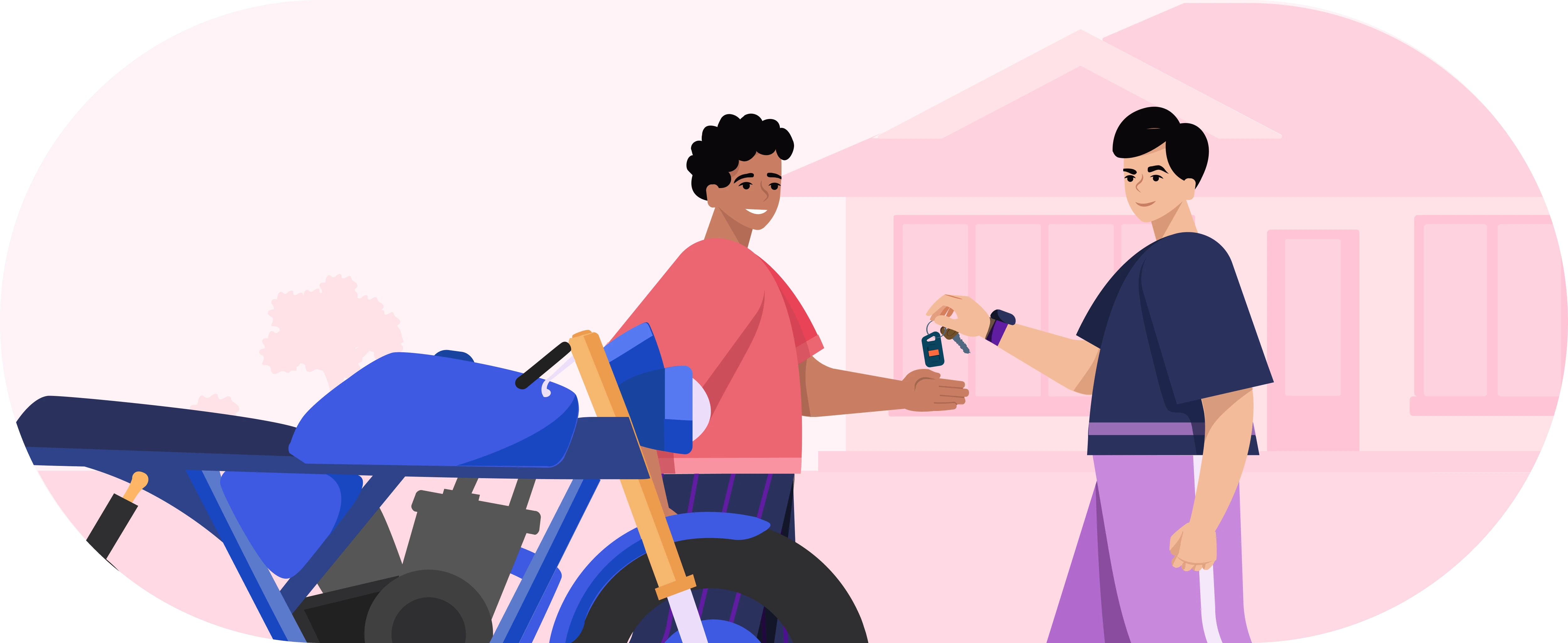
Table of Content
▼If you’re in the market for a used bike, following a solid checklist of tips to buy a second hand bike can ensure you make a smart purchase. Buying a second-hand bike can save you money, but it’s important to know exactly what to look for to avoid potential issues down the road. Here are some expert tips to buy a second hand bike that will help you find a quality ride.
1. Research the Model and Market Value
- Start by researching models you’re interested in and compare their market value. Knowing a fair price is one of the most important tips to buy a second hand bike since it helps you avoid overpaying. Use online marketplaces, dealerships, and even forums for reliable information.
2. Inspect the Physical Condition of the Bike
- Frame and Body: Check for any scratches, rust, or dents. A key tip to buy a second hand bike is to look closely at the frame for welding marks, which could indicate repairs due to damage.
- Engine Health: Start the engine and listen for any unusual noises. Smooth-sounding engines without leaks are a positive sign.
- Tires and Suspension: Another tip to buy a second hand bike is to inspect the tires and suspension. Check the tread depth on tires and press down on the suspension to ensure it bounces back smoothly.
- Electricals: Ensure all lights, indicators, and the horn are functioning properly.
3. Verify the Bike’s Mileage and Odometer
- Knowing the mileage is critical when evaluating a bike. One of the best tips to buy a second hand bike is to compare the mileage on the odometer with the condition of the bike. Low mileage on a heavily used bike could indicate tampering.
4. Check Maintenance and Service Records
- A solid service record is a great indicator of a bike that’s been cared for. Another valuable tip to buy a second hand bike is to review the service history to understand the upkeep and any past repairs.
5. Examine All Relevant Documents
- Registration Certificate (RC): Check that the RC matches the bike’s engine and chassis numbers.
- Insurance Papers: Make sure the insurance is valid. This can affect both the value and the transfer process.
- No Objection Certificate (NOC): For out-of-state purchases, a NOC is needed. Ensuring the correct paperwork is one of the essential tips to buy a second hand bike.
- Pollution Under Control (PUC) Certificate: Confirming the bike meets emissions standards is also required in many areas.
6. Take a Test Ride
- Taking a test ride is one of the most critical tips to buy a second hand bike. This allows you to feel the bike’s handling, assess the clutch and gear shift, and listen for any unusual sounds. A smooth ride with responsive brakes is what you’re aiming for.
7. Learn the Bike’s Ownership History
- Ask about how many previous owners the bike has had. As a helpful tip to buy a second hand bike, remember that a single-owner bike is often in better condition and has a traceable maintenance history.
8. Check for Modifications
- Some bikes may have aftermarket modifications, and while these can be appealing, one tip to buy a second hand bike is to check if these changes were professionally done. Modifications could affect performance and insurance, so be cautious.
9. Negotiate the Price
- After reviewing the bike and its condition, prepare to negotiate. One of the top tips to buy a second hand bike is to leverage any issues you found during your inspection as bargaining points for a better price.
10. Consult a Mechanic if Unsure
- Bringing along a mechanic is one of the smartest tips to buy a second hand bike if you’re not fully confident in evaluating the bike’s condition. A mechanic’s expertise can help spot issues that might be overlooked by a novice.
Also Read: Car Polishing Tips: A Step-by-Step Guide to Achieve a Gleaming Finish
Tanya Bhargava
Bike Blogger & Moto Content Creator. Tanya Bhargava is a passionate two-wheeler expert with 6+ years of experience in reviewing scooters, commuter bikes, and performance motorcycles. Her content blends real-world ride reviews, buyer guides, and industry updates tailored for Indian riders.
_1771496085.webp)
_1771405318.webp)
